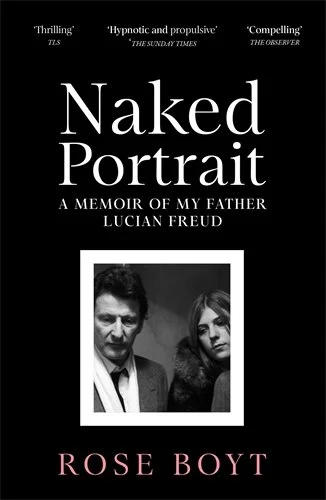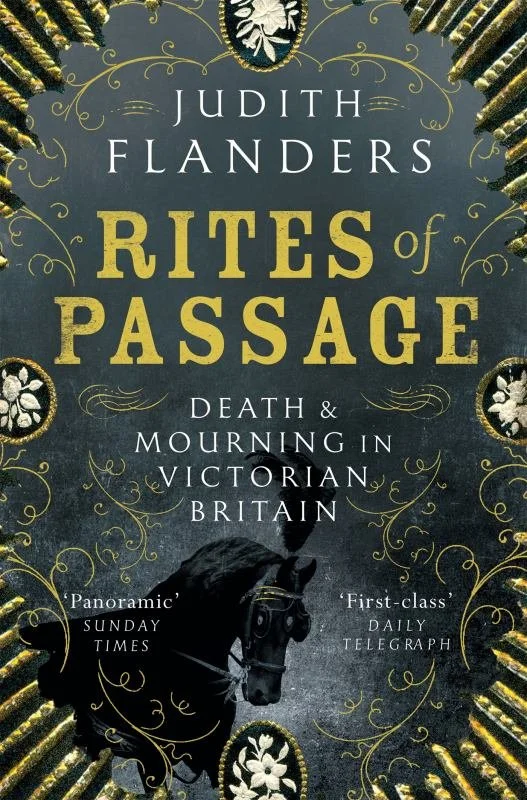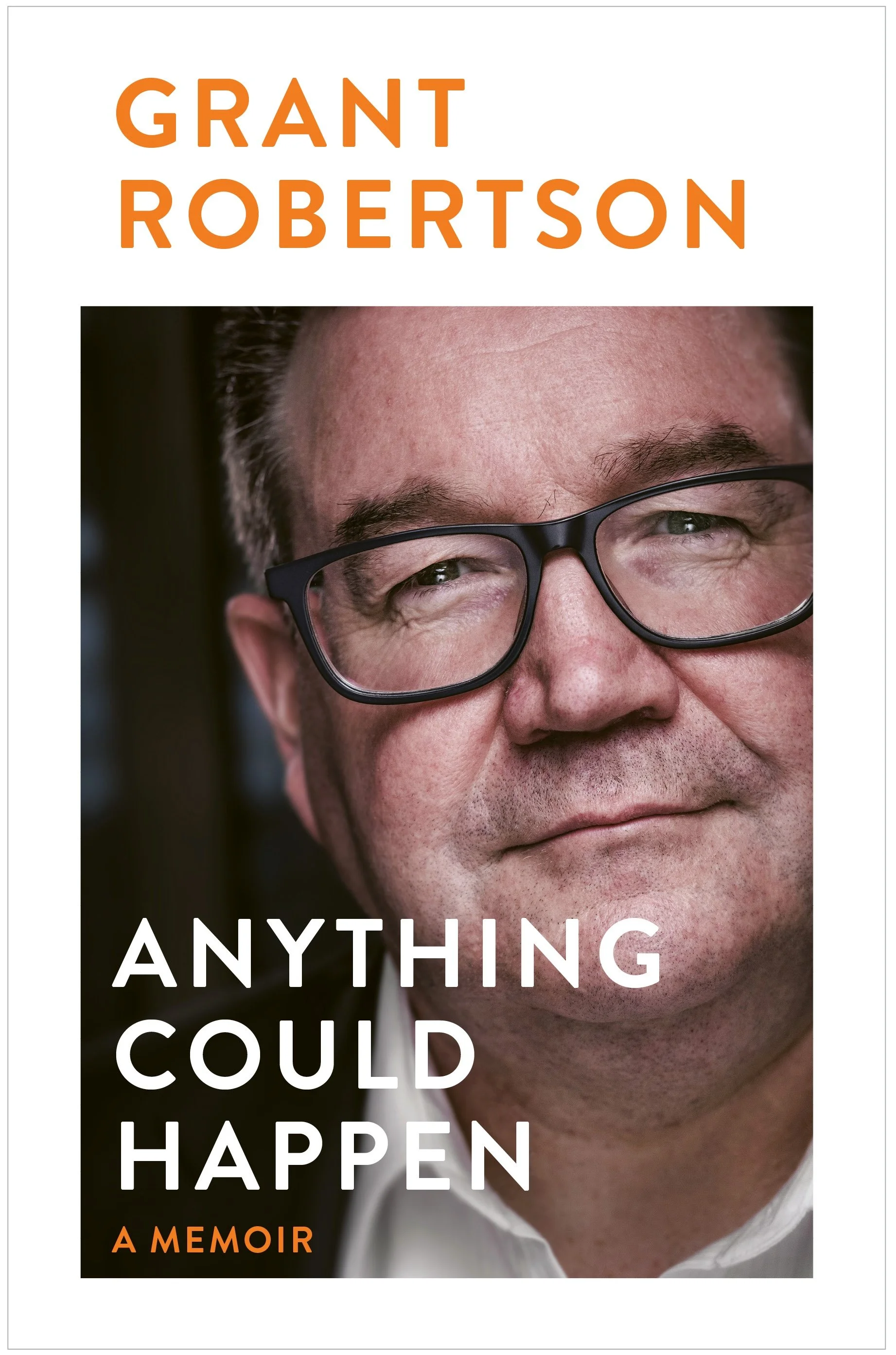NEW RELEASES (14.9.25)
All your choices are good! Take your pick from our selection of books straight out of the carton, and click through to our website to secure your copies. We can dispatch your books by overnight courier or have them ready to collect from our door.
Wildcat Dome by Yuko Tsushima (translated from Japanese by Lisa Hofmann-Kuroda) $37
Mitch and Yonko haven't spoken in a year. As children, they were inseparable, raised together in an orphanage outside Tokyo — but ever since the sudden death of Mitch's brother, they've been mourning in their private ways, worlds apart. In the aftermath of the Fukushima nuclear catastrophe, they choose to reunite, finding each other in a city undone by disaster. Mitch and Yonko have drifted apart, but they will always be bound together. Because long ago they witnessed an unspeakable tragedy, a tragedy that they've kept secret for their entire lives. They never speak of it, but it's all around them. Like history, it repeats itself. Tsushima's sweeping and consuming novel is a metaphysical saga of postwar Japan. Wildcat Dome is a hugely ambitious exploration of denial, of the ways in which countries and their citizens avoid telling the truth — a tale of guilt, loss, and inevitable reckoning. [Paperback with French flaps]
”Tsushima evades any label, her fiction focuses on the existential loneliness that is at the heart of humanity.” —Japan Times
”A brilliantly layered commentary on postwar Japan. Despite the grave subject matter, the novel's tone, preserved faithfully in Lisa Hofmann-Kuroda's expert translation, is gentle and warm, suggesting the author's abundant optimism for human adaptability.” —TLS
”Subtle and engaging, poised somewhere between a character study and a murder mystery.” —Literary Review
>>Echoes in the dome.
Paper Crown by Heather Christle $37
Paper Crown is Heather Christle's first new collection of poems in over a decade. Throughout these exuberant poems, Christle conjures moments when the world's events — a child's words, early twentieth-century predictions of drone warfare, dinners with friends — alight themselves with the odd logic of dreams and serendipity. With tenderness and verse, honesty and curiosity, Paper Crown invites readers to look up from its pages and recognise that the day going on around them could very well be its own poem. [Paperback]
”I have never before read a book like Paper Crown. In it, Heather Christle opens the doors of her mind as if it is a library where we are welcome to roam so long as we understand that ‘If pages fall from high / enough they can take down a house’. Seemingly domestic in their sly meditations, always exultant in their view of the natural world, these poems clarify the mind of one fully aware of the fear and despair that dwells in and around us in the midst of our desires whether they be erotic or artistic or the desire to be awed by a stunning book. This is a stunning book. I am stunned.” —Jericho Brown
”Heather Christle's Paper Crown renders the precise darts and folds of lyric attention, revealing poetry to be a timekeeping as intimate and exact as that of perfect friendship or the pineal gland: ‘The click of time saying yes’.” —Joyelle McSweeney
>>”My child has gone into the next moment.”
>>In the Rhododendrons.
The Lowlife by Alexander Baron $28
Harryboy Boas is a lowlife gambler. When he's not at the track, he lives in a Hackney boarding house, reading Zola, eating salt beef, pressing trousers and repressing wartime memories. But when a new family moves into the apartment downstairs, his life starts to unravel and Harryboy soon finds himself sinking into a murky East End underworld where violence, guilt and gangsters are the inevitable result for those who cannot pay their dues. A celebrated cult classic, The Lowlife brilliantly evokes post-war East London — dog tracks, sandwich shops, tenements, sex workers, newly arrived West Indians and Jews leaving for Finchley — all seen through the tragicomic eyes of Harryboy, our picaresque rogue hero suffering from 'existential burn-out in the shadow of the Holocaust' (Iain Sinclair) and driven to bet, brad and beg to survive. [Paperback with French flaps]
”The wonder of The Lowlife is that it does justice to a place of so many contradictions. One of the best fictions, the truest accounts of Hackney.” —Iain Sinclair
>>A Jewish East End childhood.
Shifting Sands: A human history of the Sahara by Judith Scheele $55
An expansive history of the Sahara from prehistory to the present that shows how Saharans have, over time, built complex and cosmopolitan lives despite scarcity, conquest, and the relentless challenges of the desert environment. What comes to mind when we think about the Sahara? Rippling sand dunes, sun-blasted expanses, camel drivers and their caravans perhaps. Or famine, climate change, civil war, desperate migrants stuck in a hostile environment. The Sahara stretches across 3.2 million square miles, hosting several million inhabitants and a corresponding variety of languages, cultures, and livelihoods. But beyond ready-made images of exoticism and squalor, we know surprisingly little about its history and the people who call it home. Shifting Sands is about that other Sahara, not the empty wasteland of the romantic imagination but the vast and highly differentiated space in which Saharan peoples and, increasingly, new arrivals from other parts of Africa live, work, and move. It takes us from the ancient Roman Empire through the bloody colonial era to the geopolitics of the present, questioning easy cliches and exposing fascinating truths along the way. From the geology of the region to the religions, languages, and cultural and political forces that shape and fracture it, this landmark book tells the compelling story of a place that sits at the heart of our world, and whose future holds implications for us all. [Hardback]
Naked Portrait: A memoir of my father Lucien Freud by Rose Boyt $33
In Naked Portrait Rose Boyt explores her complicated relationship with her beloved father, Lucian Freud, drawing on a diary she kept while sitting for him and which she found five years after his death. Enthralled by his genius, she remembered as uncontentious and amusing all the extraordinary stories he told her to keep her entertained in the studio, but the shock of the truth is profound when she looks back. What emerges is her compassion and love not just for herself as a vulnerable young woman but for the man himself, in all his brilliant complexity. [Paperback]
”Packed to the rafters with wisdom and insight, this immersive account of being the child of a genius is, itself, a work of art.” —Frances Wilson
”Beyond the father–daughter dynamic is an evocative tale of coming of age in London in the 1980s, one marked by grief, bad boyfriends, sexual compromises and camaraderie. So much life worth telling, out beyond the shadows of great men.” —Hettie Judah, The Times Literary Supplement
>>Identity issues.
Rough Trade by Katrina Carrasco $38
Washington Territory, 1888. With contacts on the docks and in the railroad and a buyer’s market funneling product their way, ex-detective Alma Rosales and her opium-smuggling crew are making a fortune. They spend their days moving crates and their nights at the Monte Carlo, the center of Tacoma’s queer scene, where skirts and trousers don’t signify and everyone’s free to suit themselves. And Alma, who is living as a hardscrabble stevedore called Jack Camp, knows this most of all. When two local men end up dead, all signs point to the opium trade. A botched effort to disappear the bodies draws the attention of lawmen, and although Alma scrambles to keep them away from her operation, she’s distracted by the surprise appearance of Bess Spencer—an ex-Pinkerton agent and Alma’s first love—after years of silence. Then a handsome young stranger, Ben Velásquez, rolls into town and falls into an affair with one of Alma’s crewmen. When Ben starts asking questions about opium, Alma begins to suspect she has welcomed a spy into her inner circle, and she’s forced to consider how far she’ll go to protect her trade. Katrina Carrasco plunges readers into the vivid, rough-and-tumble world of the late-1800s Pacific Northwest in this genre and gender-blurring novel. [Paperback]
"At once richly atmospheric and finely paced, Rough Trade is a potent and morally complex portrait of queer life and history." —The New Yorker
>>Boxing as research.
Everything Must Go: The stories we tell about the end of the world by Dorian Lynsky $33
As Dorian Lynskey writes, "People have been contemplating the end of the world for millennia." In this immersive and compelling cultural history, Lynskey reveals how religious prophecies of the apocalypse were secularised in the early 19th century by Lord Byron and Mary Shelley in a time of dramatic social upheaval and temporary climate change, inciting a long tradition of visions of the end without gods. With a discerning eye and acerbic wit, Lynskey examines how various doomsday tropes and predictions in literature, art, music, and film have arisen from contemporary anxieties, whether they be comets, pandemics, world wars, the Cuban Missile Crisis, Y2K, or the climate emergency. Far from being grim, Lynskey guides readers through a rich array of fascinating stories and surprising facts, allowing us to keep company with celebrated works of art and the people who made them, from H.G. Wells, Jack London, W.B. Yeats and J.G. Ballard to The Twilight Zone, Dr. Strangelove, Mad Max and The Terminator. Prescient and original, Everything Must Go is a brilliant, sweeping work of history that provides many astute insights for our times and speaks to our urgent concerns for the future. [New paperback edition]
”So engagingly plotted and written that it's a pleasure to bask in its constant stream of remarkable titbits and illuminating insights.” —The Guardian
”So enjoyable, that I didn't want it to end — the world, or the book.” —Adam Rutherford
Te Āhua o ngā Kupu Whakaari a Te Kooti by Pou Temara $60
He kōrero hirahira tēnei e wānangatia ai ngā kupu whakaari a Te Kooti Te Turuki Rikirangi – he poropiti, he kaiārahi, he pou nō te Hāhi Ringatū. Ko Te Kooti Te Turuki Rikirangi tētahi o ngā maunga teitei o te wā – he kōkōrangi i ngā rā pōuri, he tokotoko i te awa kōpaka. I tū ia hei toa i te whare o Tūmatauenga, engari ki te Hāhi Ringatū, he poropiti – he matakite nāna i hāpai ngā moemoeā, ngā tūmanako, me ngā wairua o te iwi i ngā tau o te ngarohanga: te whenua, te oranga, te mana motuhake. I tōna ringa matau te pū me te riri, i tōna ringa māui te whakapono, ngā kupu whakaari, me te tohu rangimārie. Nā Te Kooti i hora atu ēnei kupu ki ngā marae o te motu, hei karere poropiti, hei tohu whakatūpato, hei māramatanga mō ngā uri whakatipu. He kupu e kōrero ana ki te manawa, ki te wairua, ki te whenua. Ko tēnei pukapuka nā Tā Pou Temara – he mema o te Kaunihera Tekau mā Rua a te Kuīni, he ahorangi, he tohunga mō te kupu, mō te whakaaro Māori. Ka wānangahia e ia ngā kōrero a Te Kooti: ngā whakakitenga i tukuna ki ngā marae, ngā waiata i tuhia hei huna i te mōhiotanga, ngā kōrero i poipoia i raro i te maru o te atua. Ka pānuitia, ka wetewetehia, ka uia: kua tutuki rānei ngā kupu a Te Kooti? Kei te ora tonu rānei i ēnei rā? Ko ngā whakaaro o Tā Pou i ahu mai i ngā kōrero tuku iho o Te Whānau-a-Apanui, o Te Arawa, o Ngāi Tūhoe – ngā iwi i whakatupu i tōna ngākau kia mōhio ai ki te hā o te kupu, ki te wairua o te whakapono, ki te tapu o te kōrero tuku iho. Nā konā, ka rere mai tēnei pukapuka hei puna mātauranga mō te hunga e kimi ana i te māramatanga ki te Hāhi Ringatū, ki te poropititanga Māori, ki te reo, ki te hītori o te motu – mai i te uma o ngā marae, mai i ngā whakapono o ngā tīpuna, mai i te kore ki te ao mārama.
The prophetic sayings of Te Kooti Te Turuki Rikirangi – analysed and explained in te reo Māori by Tā Pou Temara. Te Kooti Te Turuki Rikirangi stands as a towering figure of his time – a storm in dark days, a staff for those adrift. A warrior in the house of Tūmatauenga, yet to the Ringatū Church, a prophet – one who carried the dreams, hopes and spirit of the iwi through years of loss: land, life and sovereignty. In his right hand, the gun of battle; in his left, the word of God. Te Kooti spread these words across the marae of the motu; a messenger, a guide, a beacon of understanding for generations to come. His words speak to the heart, to the spirit, to the land. This book, by Tā Pou Temara – a member of the Māori Queen’s Council of Twelve, a professor, and a tohunga of Māori language and thought – offers a deep exploration in te reo Māori of Te Kooti’s prophetic messages: his visions, teachings and songs. Through these pages, Tā Pou asks: have Te Kooti’s words been fulfilled? Do they still live today? Tā Pou’s insights, grounded in the ancestral knowledge of Te Whānau-a-Apanui, Te Arawa and Ngāi Tūhoe, illuminate the essence of the word, the spirit of belief and the sacredness of tradition. This book is a rich source of knowledge for those seeking understanding of the Ringatū faith, Māori prophecy, the Māori language and the history of the land – from the heart of the marae, from the wisdom of ancestors, from the shadows to the light. [Hardback]
Rites of Passage: Death and mourning in Victorian Britain by Judith Flanders $35
Judith Flanders deconstructs the intricate, fascinating, and occasionally — to modern eyes — bizarre customs that grew up around death and mourning in Victorian Britain. Through stories from the sickbed to the deathbed, from the correct way to grieve and to give comfort to those grieving, to funerals and burials and the reaction of those left behind, Flanders illuminates how living in nineteenth-century Britain was, in so many ways, dictated by dying. This is an engrossing, deeply researched and, at times, chilling social history of a period plagued by infant death, poverty, disease, and unprecedented change. [Paperback]
”There is no aspect of Victorian death that does not make it into Judith Flanders's latest investigation into 19th-century life. Flanders's strength has always been to move deftly between micro and macro, the general and the particular, the societal and the entirely personal, to produce that kind of panoramic yet teeming view beloved of the Victorians themselves.” —Sunday Times
>>Beekeepers’ black ribbons.
Anything Could Happen: A memoir by Grant Robertson $40
A fascinating insight into the remarkable life and career of one of the most influential and adroit politicians of his generation. Grant Robertson reflects on the major events in his life, where he grew up in a loving but complex family, through to his highly successful career as a Labour politician and becoming Finance Minister in the Ardern government during one of New Zealand history's most tumultuous times. A natural storyteller and a literary thinker and reader, Robertson writes memorably about his childhood and teen years in Dunedin, from grappling with his sexuality as a teenager, to his passion for music and a fleeting career managing bands, to his emerging political beliefs, and of being told the shocking news that his father had been stealing from his employer and was facing imprisonment. Robertson paints a vivid picture of life inside parliament — including his time in opposition, where he learnt at the feet of Helen Clark, to the responsibility of being Finance Minister, none more so than when the Covid-19 pandemic threatened to decimate New Zealand's economy. In recounting the challenges he faced, Robertson writes honestly about how politics works, and why it matters, and his belief in the uniqueness of Aotearoa and his optimism for its future. [Paperback with French flaps]
>>Anything could happen.
Everything but the Medicine: A doctor’s tale by Lucy O’Hagan $40
A well written memoir by a New Zealand GP, reminiscent of the warm wisdom and humanity of the American physician and writer Atul Gawande. Over her long career Dr Lucy O’Hagan has developed deep insights into the profound but often complex relationship between patients and doctors. Reading about her own struggle with what it means to be a truly useful doctor is both fascinating and absorbing. From working with people living on the margins and her own burnout to her efforts to better serve her Māori patients and the humour that’s sometimes needed to get through the day, she keeps her eye on one key question: What is it to be a good doctor in this place? [Paperback]
”Everything But the Medicine is straight out of the trenches. Read it, then call me in the morning. It is very much a medicine itself..” —Glenn Colquhoun
>>Cultures within medical care.
>>Writing the book she wanted to read.












